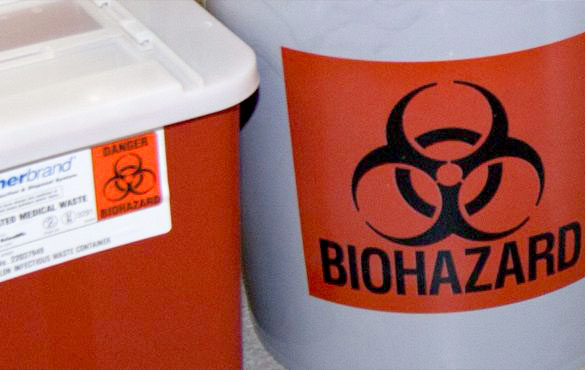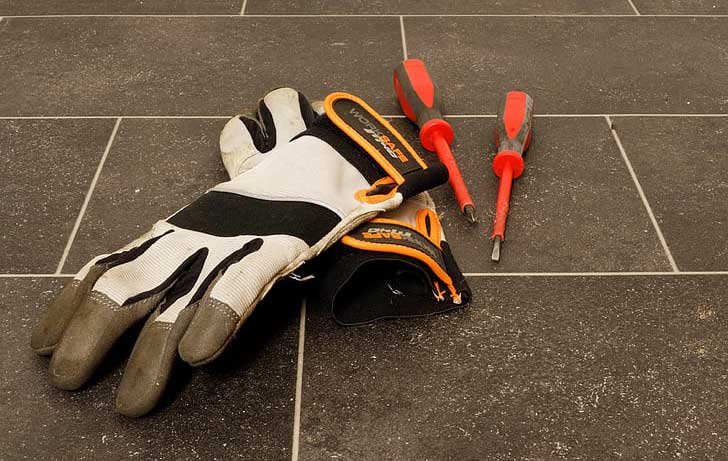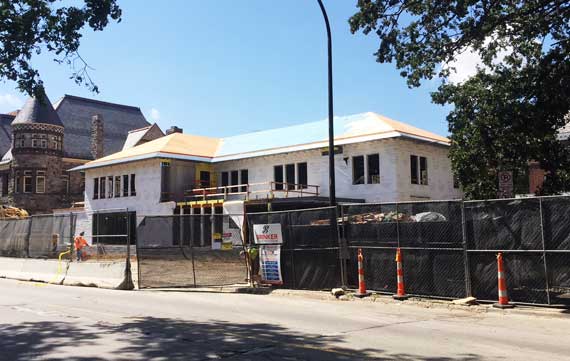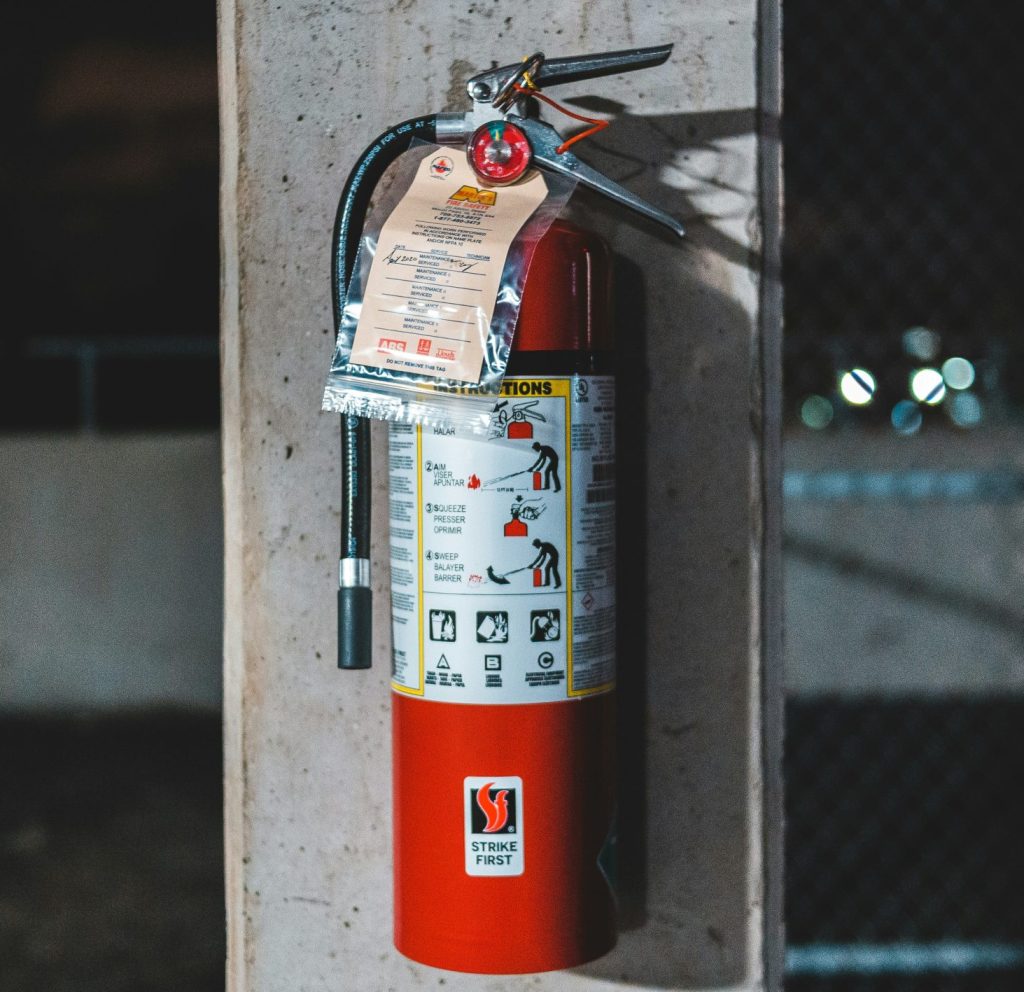Remediation

Phase II Environmental Site Assessments (ESA) are conducted to determine if soil or groundwater contamination exists on University of Michigan (U-M) development or construction projects. Owners or operators of a “facility” (contaminated property) have Due Care responsibilities to ensure that the existing contamination does not pose an unacceptable risk and is not exacerbated. U-M must, under the Due Care requirements under Part 201 Section 20107a:
- Prevent exacerbation of the existing contamination
- Prevent unacceptable human exposure and mitigate fire and explosion hazards to allow for the intended use of the facility in a manner that protects the public health and safety
- Take reasonable precautions to protect others who come onto the property, such as contractors, utility workers, etc
- Provide notifications to the EGLE and others
- Provide reasonable cooperation, assistance, and access to the persons that are authorized to conduct response activities at the property
- Comply with any land use or resource use restrictions established or relied on connection with the response activities
- Not impede the effectiveness or integrity of any land use or resource use restriction
Environmental Protection & Permitting Program (EP3) works with U-M departments that develop or maintain U-M property to ensure that the Due Care requirements are followed. This usually involves:
- Properly managing and disposing of excavated contaminated soil, groundwater or drilling slurry
- Coordinating subsurface assessments, similar to a Phase II ESA, to further evaluate the extent of contamination
- Providing notification to workers handling contaminated materials
- Developing soil and groundwater management plans to ensure the contaminated materials are relocated or disposed of properly





